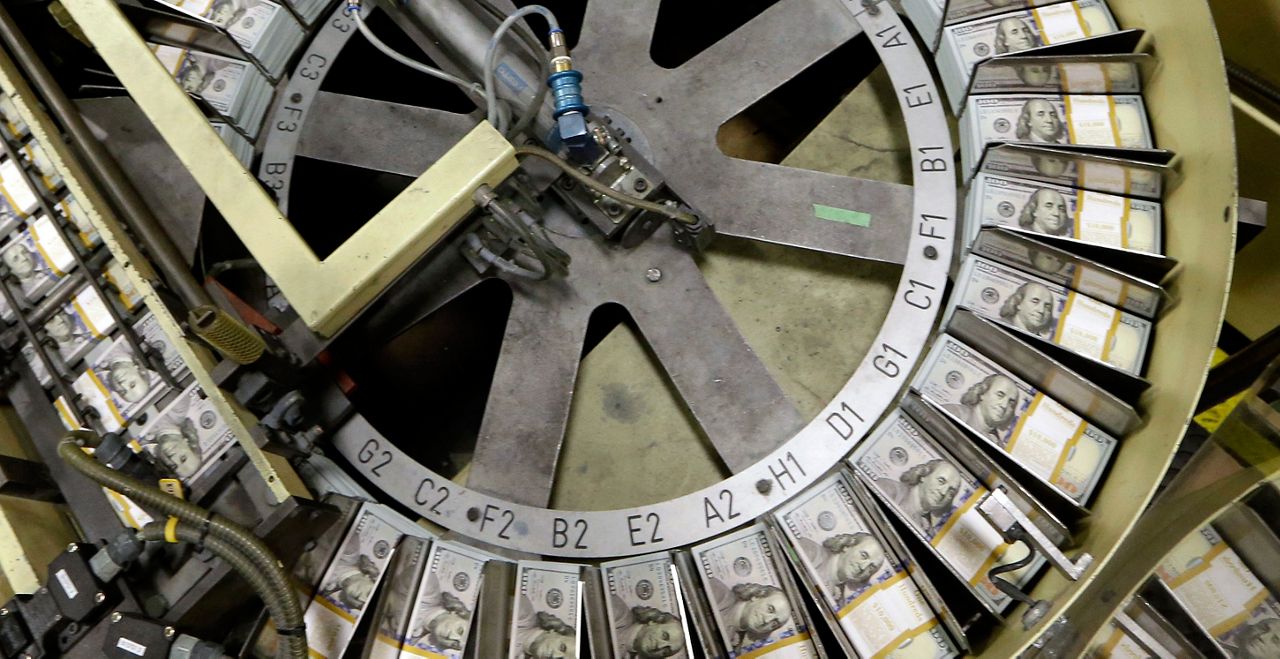The economic crisis created by the coronavirus pandemic will take a multi-year toll on New York’s finances, with delayed tax payments this month alone costing the state as much as $10 billion, a report released Wednesday by Comptroller Tom DiNapoli found.
The report comes as Gov. Andrew Cuomo has urged the federal government to provide direct relief to states during the pandemic.
New York is the hardest hit state in the country, recording the most coronavirus cases, hospitalizations and deaths. The state so far has received $3.8 billion from the federal government, but more will be needed to aid with cash flow.
- What State Governments Are Seeking From the Federal Government
- Governor Cuomo Shares Frustration With Stimulus Bill
The Cuomo administration is moving forward with short-term borrowing as the state’s tax filing deadline has been delayed to July.
Thousands of jobs have been lost or furloughed in the resulting economic chaos of the pandemic as non-essential businesses are shuttered. Wall Street, the state’s main financial engine, has sputtered during the crisis as well.
A state budget approved earlier this month by lawmakers is largely seen as a placeholder document with built-in flexibility for making cuts if federal aid does not materialize.
“The ultimate price of the coronavirus remains undetermined. What is clear is that Washington must do more to help stabilize state and local government finances to avoid drastic cuts that would hurt hospitals, schools and vital services,” DiNapoli said in a statement. “The Executive and Legislature passed a budget under very difficult circumstances to address our immediate needs, but we must be mindful of the bigger picture.”
But the longer-term cost of the pandemic could be even more damaging.
The report projects aftershocks stretching in to the next fiscal years. The state’s “rainy day” fund of cash reserves has been strengthened in recent years, with $678 million added.
DiNapoli warned against steep borrowing to offset the loss of revenue.
“Tax revenues will be substantially lower in the near term because of the pandemic, and likely well beyond,” he said. “The state should minimize long-term costs from any new debt and commit to building up our rainy day reserves. The road ahead is a challenging one and will require a long-term strategy.”


